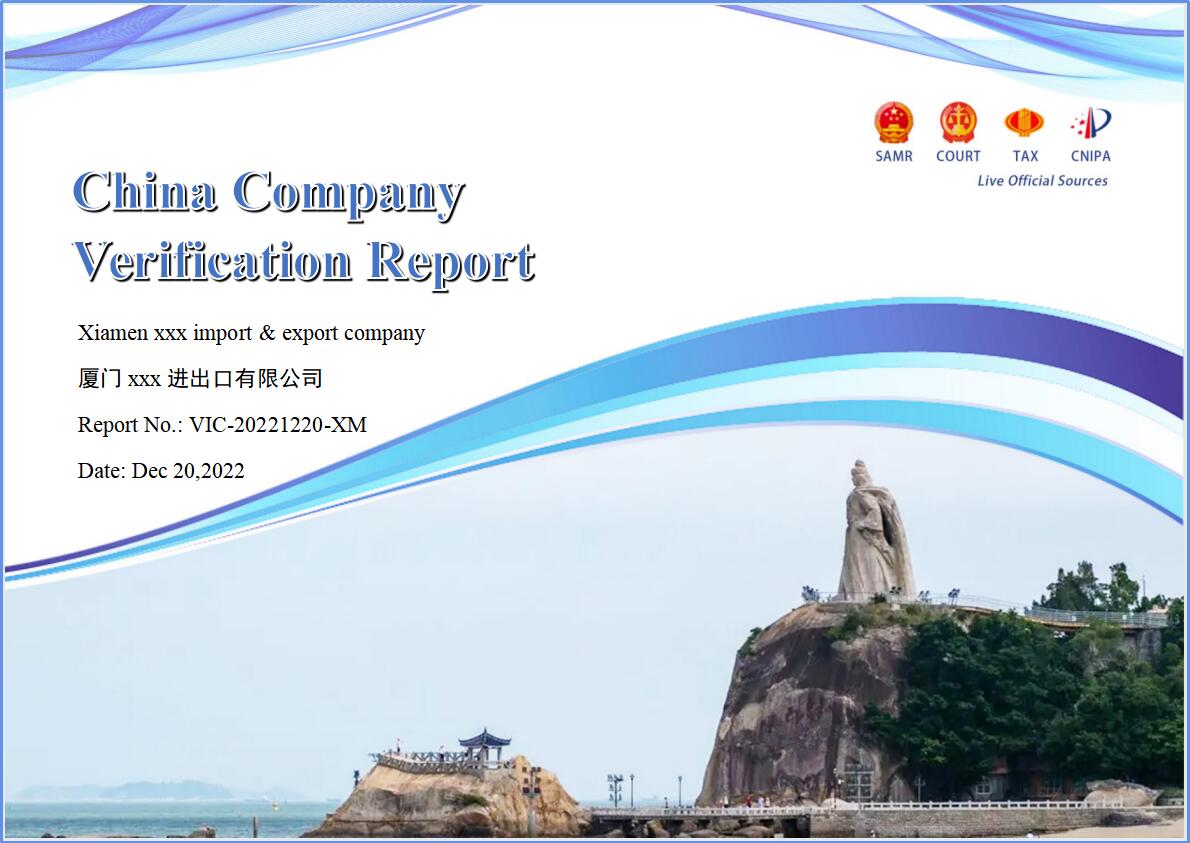Dejiang County, located in the northeast of Guizhou Province and the west of Tongren City, is adjacent to Yinjiang Tujia and Miao Autonomous County in the east, Fenggang County in Zunyi City in the west, Sinan County in the south and between Yanhe Tujia Autonomous County and Wuchuan Gelao and Miao Autonomous County in the north. The total area of Dejiang County is 2,072 square kilometers. According to the seventh census, as of midnight on November 1, 2020, the permanent population of Dejiang County was 393,596.
Founded in the third year of the Republic of China (1914), Dejiang County is known as "the hometown of Nuo drama, the hometown of Tianma and the hometown of exotic stones". Dejiang Nuo Drama is reputed as "the living fossil of Chinese drama". The hundred-year-old "Tujia Dragon Dance" has been included in the first batch of intangible cultural heritage protection list in the province. Dejiang is a red revolutionary old base area. In the 23rd year of the Republic of China (1934), He Long led the three Red Armies to establish a revolutionary base in East Guizhou at Fengxiangxi. In 2019, Dejiang County had jurisdiction over 3 subdistricts, 11 towns and 8 townships.
In 2020, the GDP of Dejiang County reached 14.531 billion yuan, an increase of 4.2% year on year. The primary industry reached 3.486 billion yuan, up by 6.5 percent; the secondary industry 2.992 billion yuan, up by 3.2 percent; and the tertiary industry 8.054 billion yuan, up by 3.5 percent. The proportion of primary, secondary and tertiary industries was 24∶20.6∶55.4.
Minimize the Risk and Scam
Within 2 Working Day
$ 135 USD
